Hotels and other hospitality companies are increasingly grasping the concept of big data and the numerous ways it can help them generate more revenue and deliver a better customer experience. In this article, you will learn more about big data, why it has become so important, and how it can be leveraged to benefit hotels, resorts, and other hospitality companies.
What Is Big Data?
Big data is the phrase used to describe the extremely large amounts of data that enter a business daily. The data can be extremely varied and may come from a wide range of different sources. Within hospitality management, these data sets are most commonly associated with customer behavior and interactions. According to the Big Data Market Report by Stellar Market Research, the global big data market is projected to reach $1,171.16 billion by 2030.
For data to be classed as ‘big data,’ it needs to be too large in volume to be processed via traditional data processing methods. Crucially, it can be used within predictive and behavioral analytics fields. It can help companies identify key trends or patterns that inform their business practices.
Video: Big Data Explained
5 Ways Big Data Can Benefit the Hospitality Industry
According to the Big Data Payoff Report by Cap Gemini Consulting, 88% of respondents report big data initiatives to be profitable or break-even. Below are the five ways big data can be used as an advantage in the hospitality industry.
1. Revenue Management
Through the data they gather and information available online, hotels can use big data to assist them with a revenue management strategy. In particular, it allows them to carry out predictive analysis, allowing hotel owners to more accurately anticipate demand levels for hotel rooms.
Examples of data that may be useful here include past occupancy rates, current bookings on the system, various key performance metrics, and external data, such as information about school holidays or local events. Once big data has been successfully used to predict demand, those within the hospitality industry can optimize room rates and maximize revenue and profit.
Table: Examples of Ways Big Data can Benefit the Hospitality Industry in Revenue Management
| Big Data Application | Description | Advantages for Revenue Management |
|---|---|---|
| Pricing Optimization | Utilizing historical data and analytics to set optimal prices based on demand trends. | Maximizes revenue by dynamically adjusting prices to meet market demand. |
| Occupancy Forecasting | Analyzing patterns and trends to predict future room demand. | Improves planning and operational efficiency by anticipating occupancy levels. |
| Customer Segmentation | Sorting guests based on behavior, preferences, and spending habits. | Enhances targeted marketing efforts to increase bookings from high-value segments. |
| Demand Prediction | Using data to forecast periods of high and low demand. | Allows for proactive adjustments in marketing and staffing during peak and off-peak times. |
| Yield Management | Analyzing booking trends and pricing strategies to maximize revenue per available room (RevPAR). | Optimizes revenue through strategic control over inventory and pricing. |
| Market Analysis | Benchmarking against competitors and understanding market dynamics. | Provides strategic insights to stay competitive and capitalize on market opportunities. |
| Personalized Marketing | Tailoring marketing campaigns to individual preferences identified through data. | Increases conversion rates by delivering relevant offers and promotions. |
2. Targeted Marketing
Hotel guests are extremely varied, ranging from business travelers to families, from those operating on a budget to those looking for something special for a honeymoon. In addition to helping with a hotel’s financial management, big data can also help the hotel industry more effectively target its marketing content.
Indeed, big data allows marketers to identify the best opportunities for their particular business and target key demographics, much more specifically, especially through online advertising. This can also include location and time-specific marketing, allowing hotels to reach customers when advertising will be most relevant to them or where they are most likely to want to see it.
3. Customer Experience
Another way that big data can be of great use within the hospitality industry is in the customer experience that hotel companies provide. Big data can help hotel owners and customer service teams spot significant trends in customer opinions and learn about their strengths and weaknesses.
This may require gathering service usage data, customer feedback on social media, website reviews, and other related information. Fortunately, the hotel industry is an area where customers are happy to let their opinions be heard, although gathering data from various sources and analyzing it can be challenging. Once done, however, it can allow hotels to understand what customers like and where improvement is needed.
4. Additional Services
Hotels interact with both current and potential customers, providing an opportunity to gather large amounts of data. When collected and analyzed carefully, the data can be extremely revealing, providing information about the services that customers use and the services they request or ask about.
This can help hotel owners make decisions about new services to introduce and services that are no longer required. For example, a hotel might refurbish its gym if customers regularly ask about machines it does not have. Furthermore, big data can inform decisions related to partnerships with other businesses, with possible examples including OTAs, local taxi firms, and nearby bars or restaurants.
5. Competition Scouting
Finally, big data can also be used to get a clearer idea of competitors and to see what other companies operating in the hospitality sector are offering their customers. In the internet age, there are many places to go to learn customer opinions, including review sites, social media, internet forums, and travel publications. This data can potentially be gathered and processed to find the trends that matter.
For example, a competitor might regularly be praised for their restaurant menu or criticized for their customer service. Knowing this information can help a hotel capitalize on its rivals’ shortcomings and learn where its rivals outperform them.
Video: How Big Data Can Revolutionize the Hospitality Industry
Big Data in Hospitality Industry FAQs
Big data is a key concept to be aware of within the hospitality industry. It can help hotel owners and other business leaders identify important patterns and trends. As a result, it can help improve revenue management, optimize marketing efforts, and enhance the customer experience.
Did You Like This Article About Big Data Hospitality Industry?
You might also be interested in the following articles:
- Hotel Innovations; Different Ways to Revolutionize Your Hotel Business
- ChatGPT Hotel Guide: Learn How Hotels Can Benefit from ChatGPT!
- NFT Hotel Opportunities: How Hotels Could Use NFT Technology
- Must-Read Tips to Create The Perfect Virtual Reality Video
- Blockchain Technology and Its Uses in the Hospitality Industry
More Tips to Grow Your Business
Revfine.com is the leading knowledge platform for the hospitality and travel industry. Professionals use our insights, strategies, and actionable tips to get inspired, optimize revenue, innovate processes, and improve customer experience.Explore expert advice on management, marketing, revenue management, operations, software, and technology in our dedicated Hotel, Hospitality, and Travel & Tourism categories.
This article is written by:
Hi, I am Martijn Barten, founder of Revfine.com. With 20 years of experience in the hospitality industry, I specialize in optimizing revenue by combining revenue management with marketing strategies. I have successfully developed, implemented, and managed revenue management and marketing strategies for individual properties and multi-property portfolios.

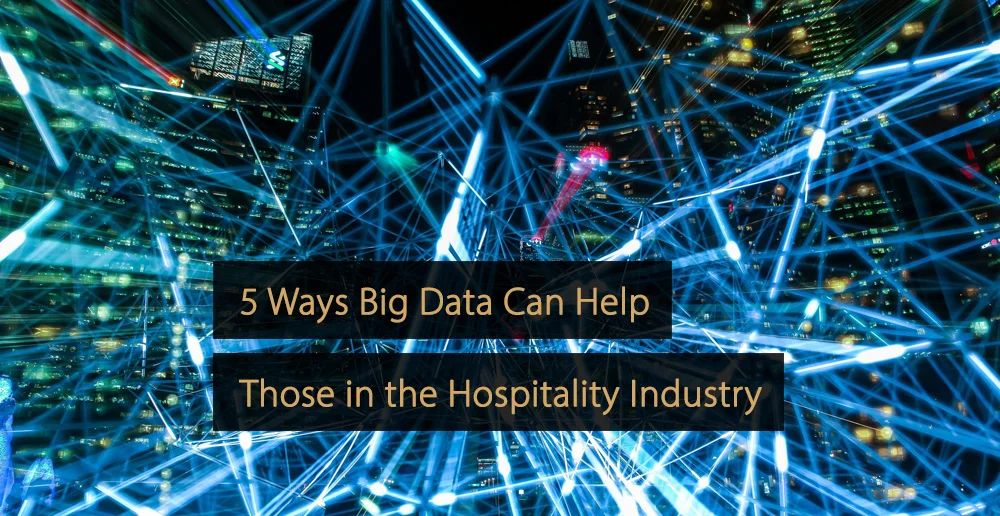
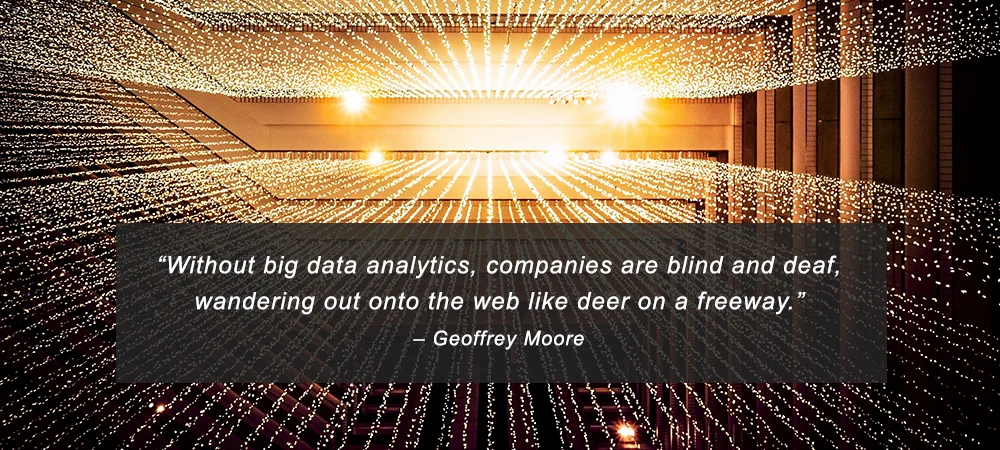


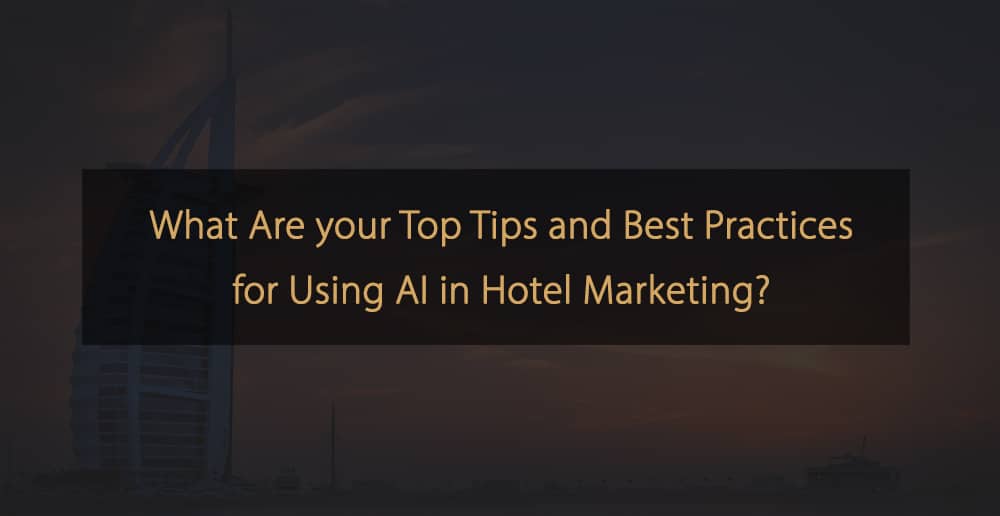

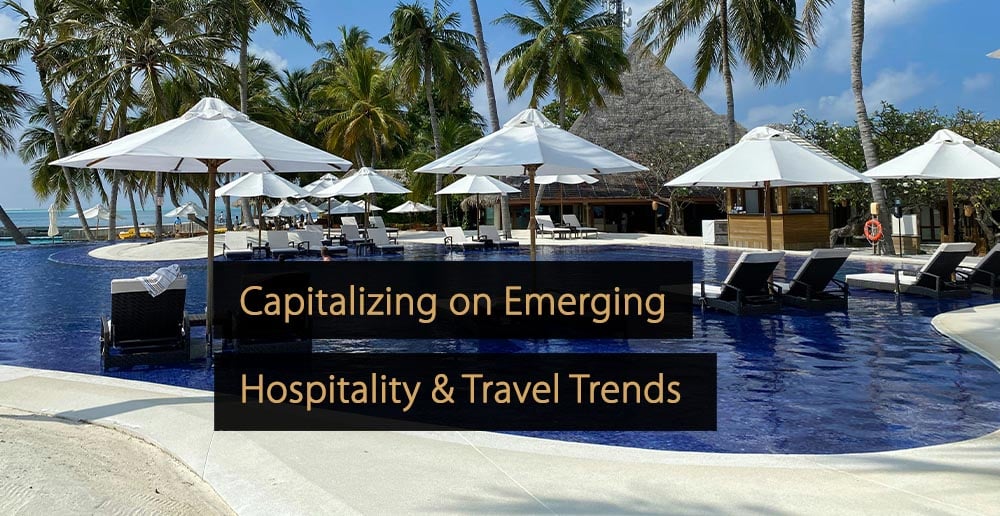

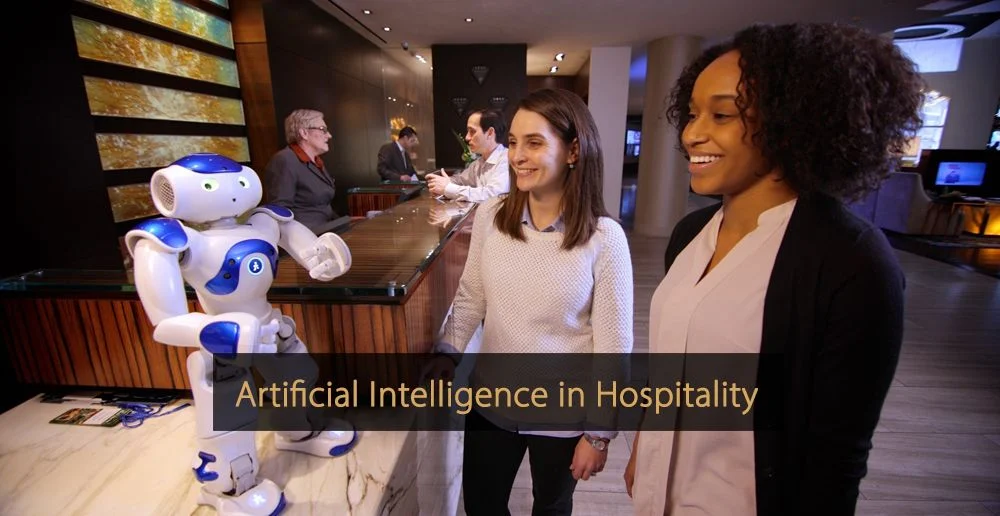
Leave A Comment